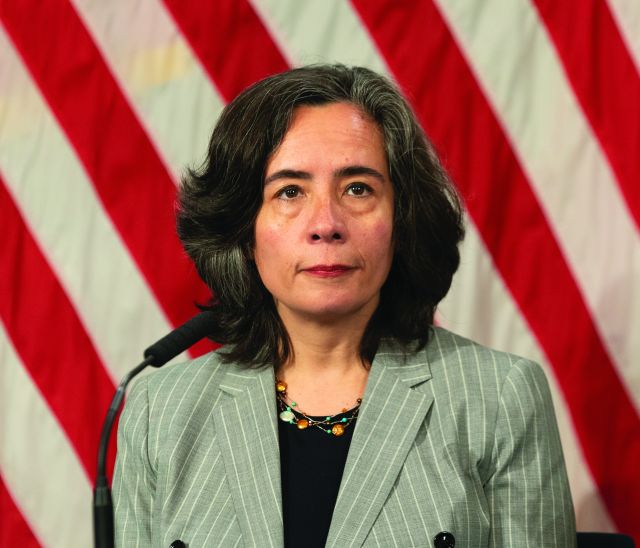
Thomas J. DeRosa
Thomas J. DeRosa
Chairman and CEO at Welltower

While the COVID-19 era is rough for any company enmeshed in senior housing, we suspect that health care REIT Welltower is big enough to survive the worst of it. In 2019, before facing its current challenges, it reported $5.1 billion in revenue, an 8.2 percent increase over 2018, and $4.8 billion in strategic investments.
The company topped the American Seniors Housing Association (ASHA) list of largest owners in senior housing, with 735 properties totaling 72,881 units (beds), after reaching No. 2 on the list in 2018.
Welltower, which seeks to innovate in the field of health care infrastructure, kicked off the year by being named to Fortune’s World’s Most Admired Companies list, the only health care real estate company so honored. Bringing on a new Head of Sustainability and ESG (Environmental, Social, and Governance), Kirby Brendsel, the company moved forward on a campaign to reduce greenhouse gas emissions, energy and water use across its portfolio by 2025.
Welltower was active on the deal front in 2019 as well, selling its interest in the 48-property Benchmark Senior Living portfolio for $1.8 billion. The REIT also expanded its relationship with Discovery Senior Living through an off-market acquisition of three infill seniors housing campuses in Texas and a $1 billion development agreement. It also reached an agreement to acquire a 29-property Class A medical office building portfolio from Hammes Partners for $787 million, and acquired a portfolio of 32 independent living communities from Clover Management for $343 million. In New York, it worked with Hines on luxury housing for seniors at 2330 Broadway.
In December, the company announced that it successfully closed its first green bond offering of $500 million of senior notes, due February 2027, with proceeds going to fund renewable energy, water conservation, energy efficiency, and green building projects.
Of course, given its work in caring for seniors, the company has felt the effects of COVID-19; according to The Motley Fool, occupancy at their owned-and-operated properties dropped over a full percentage point during a two-week period in early April, with expectations for further declines from there matched by an anticipated 5 percent increase in COVID-related expenses. As a result, the company abandoned a plan to add around $3 billion in additional assets in the form of 200 or so British senior living facilities.—L.G.








